
It’s day #5, the final day of the challenge, and for today’s exercise, I had to challenge myself to do something that is out of my comfort zone.
My anxiety has been all over the place in recent months, which has played a massive part in and, consequently, led up to this current relapse, and I think that a big chunk of that anxiety has come from my complacency to stay comfortable. It is so easy to just stay in your comfort zone, by avoiding doing anything that might trigger your anxiety, because your anxiety convinces you that you won’t cope and it’s much safer to stick to your lane, which in turn, makes your anxiety even worse. It becomes a vicious cycle, where you end up constantly playing it safe and for me, staying inside and hiding myself away from the outside world.
I have completed a similar exposure task during my time in therapy, that I will talk more in depth about a bit further down in this post, but it proved to be really effective in growing my confidence and drastically reducing my anxiety, so I am quite excited about being more proactive again and taking some steps to get this anxiety back under my control.
As Eleanor Roosevelt once said, “You gain strength, courage and confidence by every experience in which you really stop to look fear in the face. You are able to say to yourself, ‘I have lived through this horror. I can take the next thing that comes along.’ You must do the thing you think you cannot do.” Because once you do it, you realise you could actually cope with and survive this thing the whole time, that you are stronger and more capable than your fear has led you to believe.
‘Make a list of 5-10 possible things you could do to challenge yourself to move out of your comfort zone.’
- Go to a salon and get my hair cut
- Book myself some driving lessons again
- Sit and have a pot of (decaf!) tea, by myself, in a local cafe
- Start swimming weekly
- Attend one of the mindfulness/stress control course blocks by myself
- Arrange the planned meet up with my Twitter friend
- Organise the catch up with one of my old work colleagues
‘Which one are you moving forward with?’
As I am currently signed off work, I have decided that I’m going to give myself the ultimate challenge and have a go at the first 5 ranked tasks, over the next few weeks.
During my time in therapy, one of the exercises I was given as homework, was to create and start working through an ‘exposure to anxiety’ ladder, as I was really struggling to go out by myself, particularly to busy public places and using public transport. For this exercise, I had to write out all the things that make me really anxious (a bit like the first part of this challenge) and then rank them in order, from the one that causes the least anxiety to the most. This then became my ladder. I started at the first rung, kept facing that fear, until it didn’t make me anxious anymore, before moving onto my next rung and doing the same thing. I had to keep climbing up in this way, through each of the rungs, until I reached the top of the ladder. This was a massive challenge to work through, as I had a good 12-14 steps on mine, so obviously, I didn’t manage to reach the top of my ladder, before I finished therapy. During that time though, I had my therapist to hold me to account, to ensure I kept up with my exposure work; however, once these sessions finished, I continued with it for a little while, but with only myself making me do each step, you can probably guess what happened: I never made it to the top of that ladder.
I did manage to climb pretty high up my ladder, even making it to get my haircut (yes, this is still a massive source of anxiety for me!), but I always wish I’d just pushed through and made it to the top. So, I’m going to turn this challenge into a similar exercise, by putting each mini-challenge in anxiety-inducing order and then start working through each of the first 5 tasks on my new ladder. This means I will be leaving my haircut and driving lessons for a later date, when I’m less anxiety-riddled and feeling a bit more confident.
‘What exactly will you do?’ ‘Who will hold you accountable?’
- Sit and have a pot of (decaf!) tea, by myself, in a local cafe
This is, unfortunately, another step that was on my previous ladder, but one that I also did manage to complete last time. It did feel pretty horrible to begin with, especially as my therapist told me I had to sit there without using any of my crutches (eg. book, phone, headphones, etc), but it became less scary with each visit I made.
There’s not a lot I can do to prepare for this one, except to dedicate a specific time/date, google some local cafes that will be open and tell someone else my plan. Therefore, I am going to visit ‘The Shed’ in Porth on Monday (2/3) afternoon and I will let my boyfriend know, so he can hold me to my word!
- Organise the catch up with one of my old work colleagues
An old work friend recently got in touch, in response to a post on my Instagram stories, where I opened up about my anxiety. I said to her that if she’s still in or around the Cardiff area, it would be nice to meet up for a coffee or something, but in true Sophie style, I never replied back to her message (messaging people is always the very first thing to fly out the window when I start struggling again).
So, I am *finally* going to message her back and arrange a date, time and place to meet for a catch up. Hopefully can sort something in the next couple of weeks, but it will be Aimee holding me accountable on this one (not that she knows that yet!) as I will be letting her down if I cancel the plans!
- Arrange the planned meet up with my Twitter friend
A couple of weeks back, I posted on Twitter about how I was in desperate need of a haircut, but that even the thought of the whole salon experience, filled me with absolute fear. Cue one of my lovely followers, suggesting a mindful salon and even offering to go with me! It’s was slightly too big a step for me, to go and get my haircut with someone I’d only ever interacted with via Twitter. So I messaged her privately and asked whether she would like to meet for a coffee first.
Fast forward two weeks….and I still haven’t arranged this meet up (starting to see the common theme here?). I have now, however, just messaged to see if she is free at all next Wednesday (4/3), so once I hear back, we can sort a time and place and the plan will finally be in motion! Emma will hold me to account on this occasion, as again, I will be letting her down if I cancel.
- Start swimming weekly
When I was living back home, before university, my daddy used to take my younger brother, sister and I swimming, every weekend, and I absolutely loved those weekly trips to the pool. I’ve never really been into exercising or sports, but I’ve always enjoyed swimming, as I love being in, or near, water. As my doctor has recently instructed me to start doing some exercise again, as a way to help release some endorphins and improve my mood, my immediate thought was to get back into swimming.
This is pretty daunting though, as I haven’t done any proper, regular exercise in a couple of years, so I am slightly worried about people seeing how unfit I am in such a public setting, and I also have some scars that I’m slightly embarrasssed about being on show. This will be completely out of my comfort zone- perfect for this challenge!
I have just downloaded the leisure centre’s timetable, to check the pool times for public swimming, and have decided that each week, I’m going to swim on a Thursday from 2:30pm for 30 minutes-1 hour. I’m going to tell my mum this plan as well, as I video chat with her and my little niece every Thursday morning, so she can remind and motivate me to go and then message later, to check that I’ve actually been. All I need to do now is dig out my swimming costume from hiding (or maybe buy a nice new one haha)!
- Attend one of the mindfulness/stress control course blocks by myself
Both my doctor and mental health support worker also suggested I try out the mindfulness and/or stress control courses, set up by the charity, ‘Valleys Steps’. Each course runs for 6 weeks, with each individual session taking place on the same day, at the same time and location each week, and is completely free!
I’ve browsed the Valleys Steps website to see if one of these courses will be starting soon, at a location near me, and have found that the ‘Stress Control’ course will be starting its 6 week run on 6th March, at my local library. Unfortunately, you can’t sign up to these courses, so I will have to give my partner the details of the course and every Friday, I can message him to let him know that I attended the session.
I’d love to know what challenges you would set yourself, to push you outside your comfort zone, so drop your ideas in the comments below!
Keep your eyes peeled over the next couple of weeks, for my blog updates on this ultimate anxiety challenge! I guess I will now be accountable to all of you as well, to make sure I keep up with these tasks and keep you updated you on my progress…

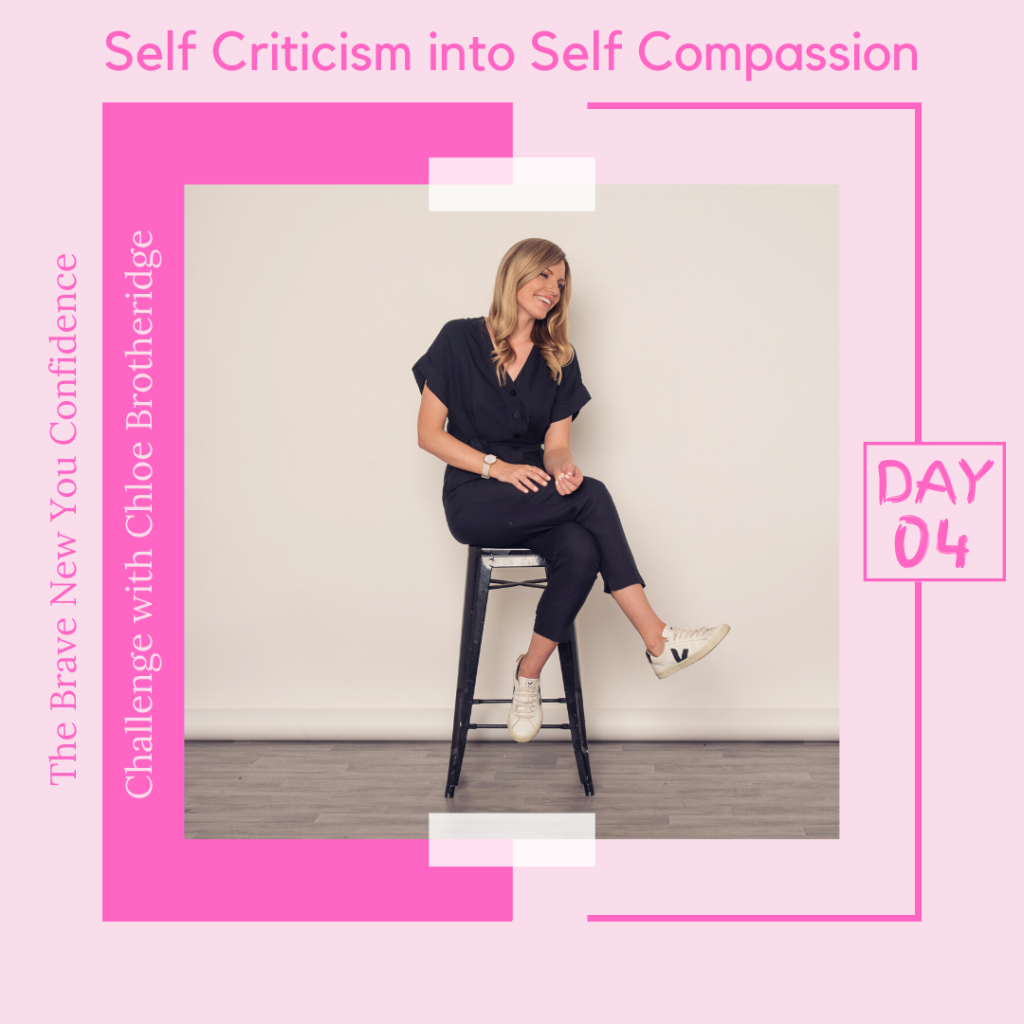


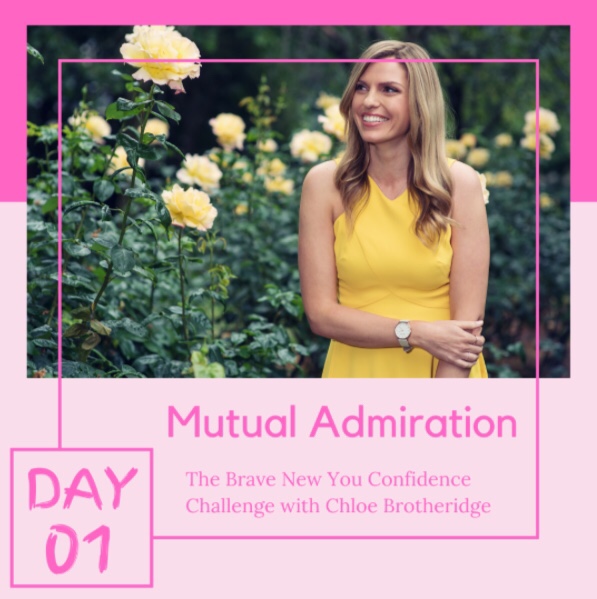

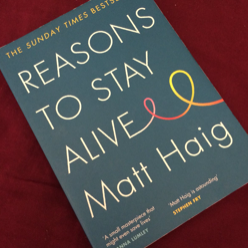
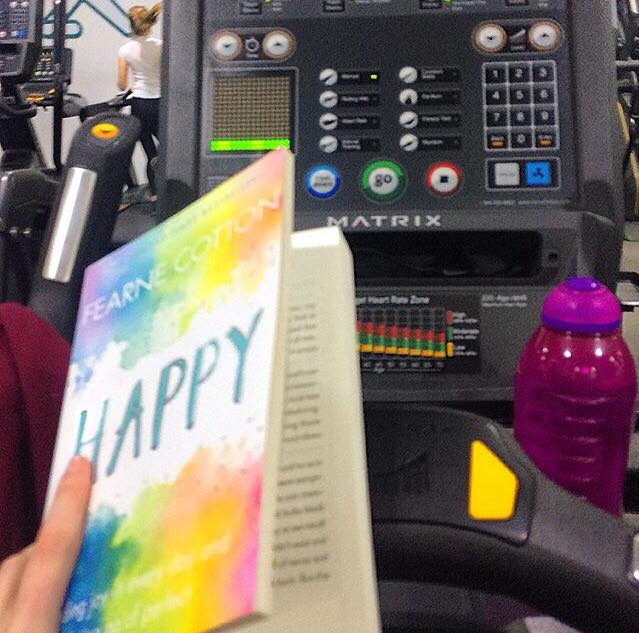
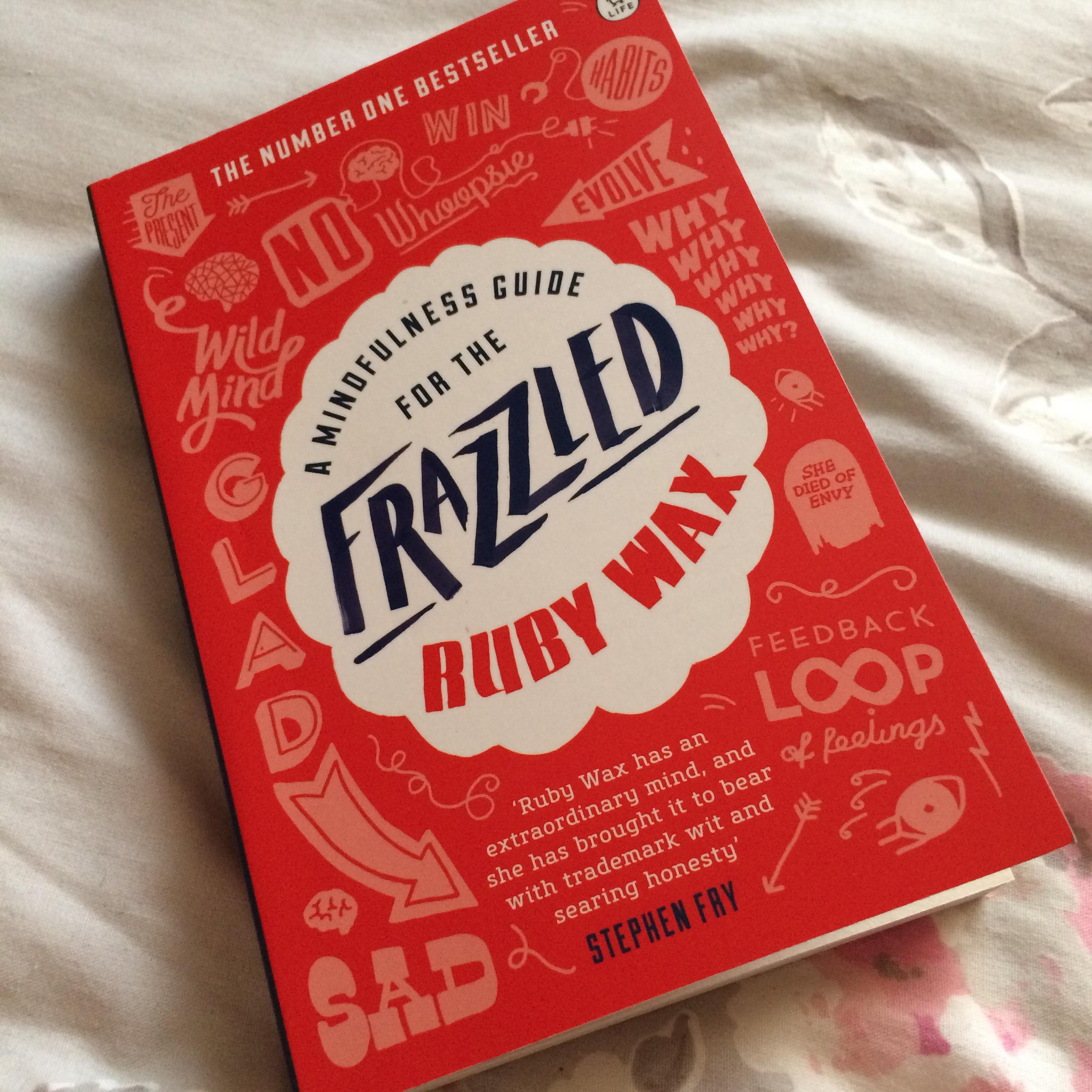
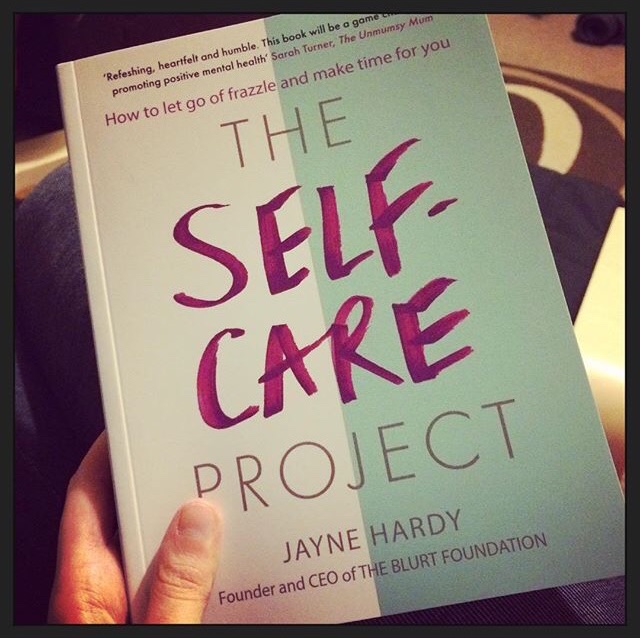
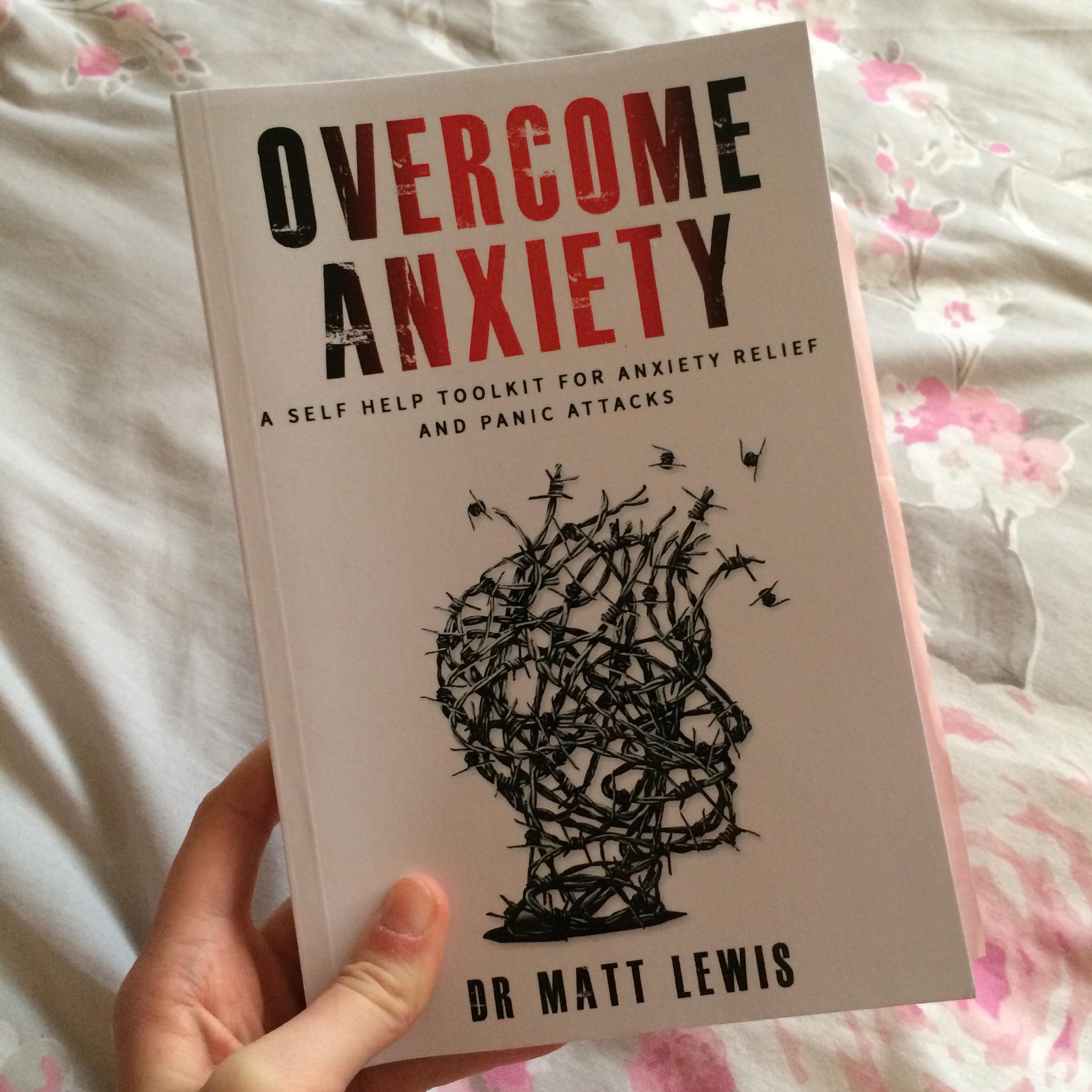
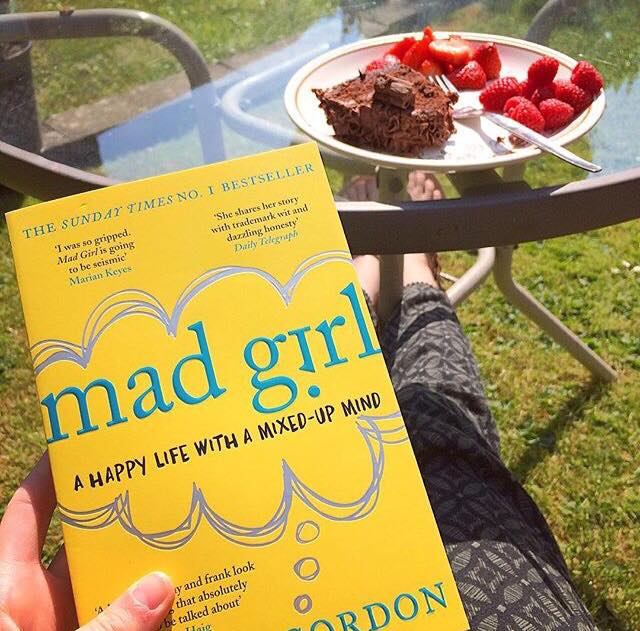
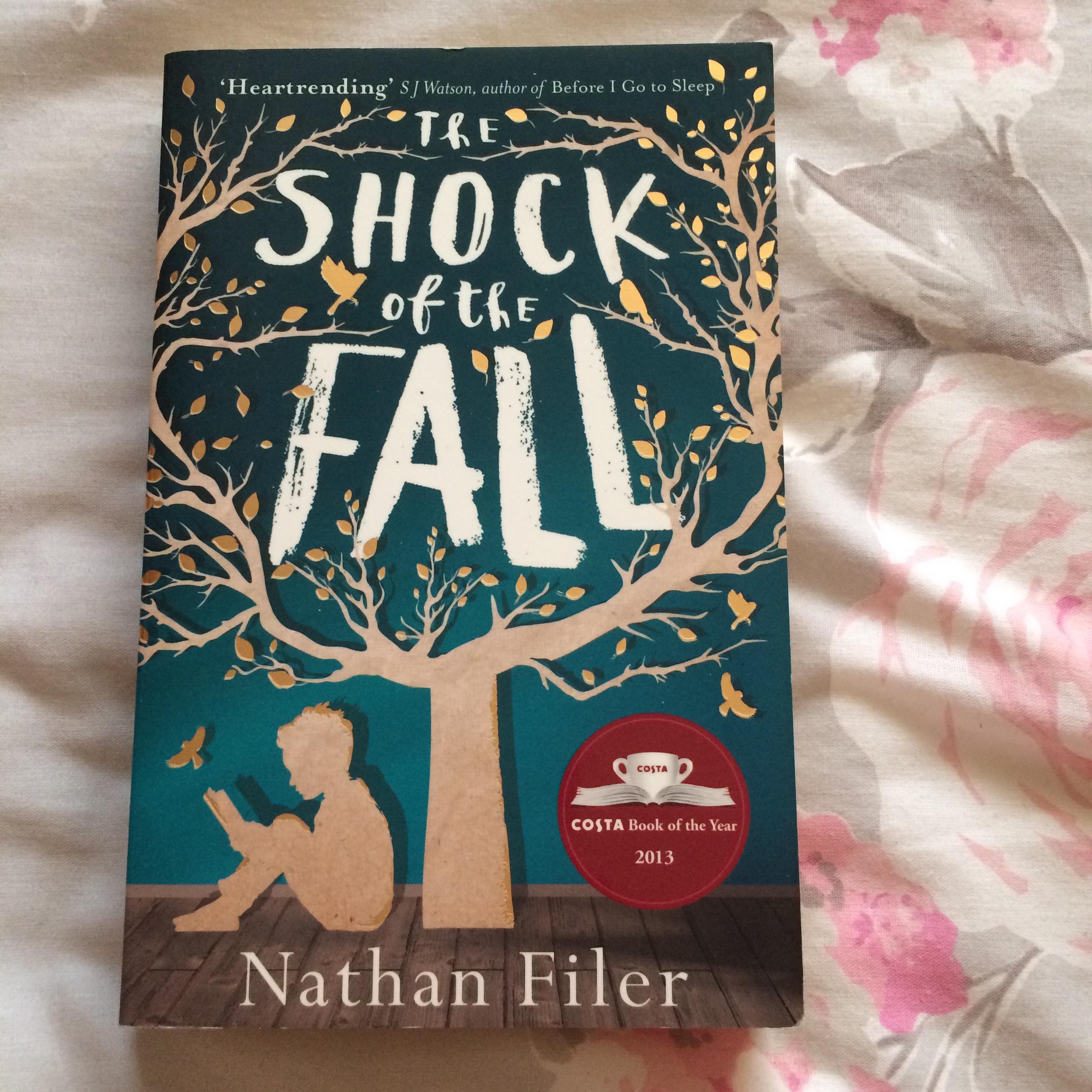
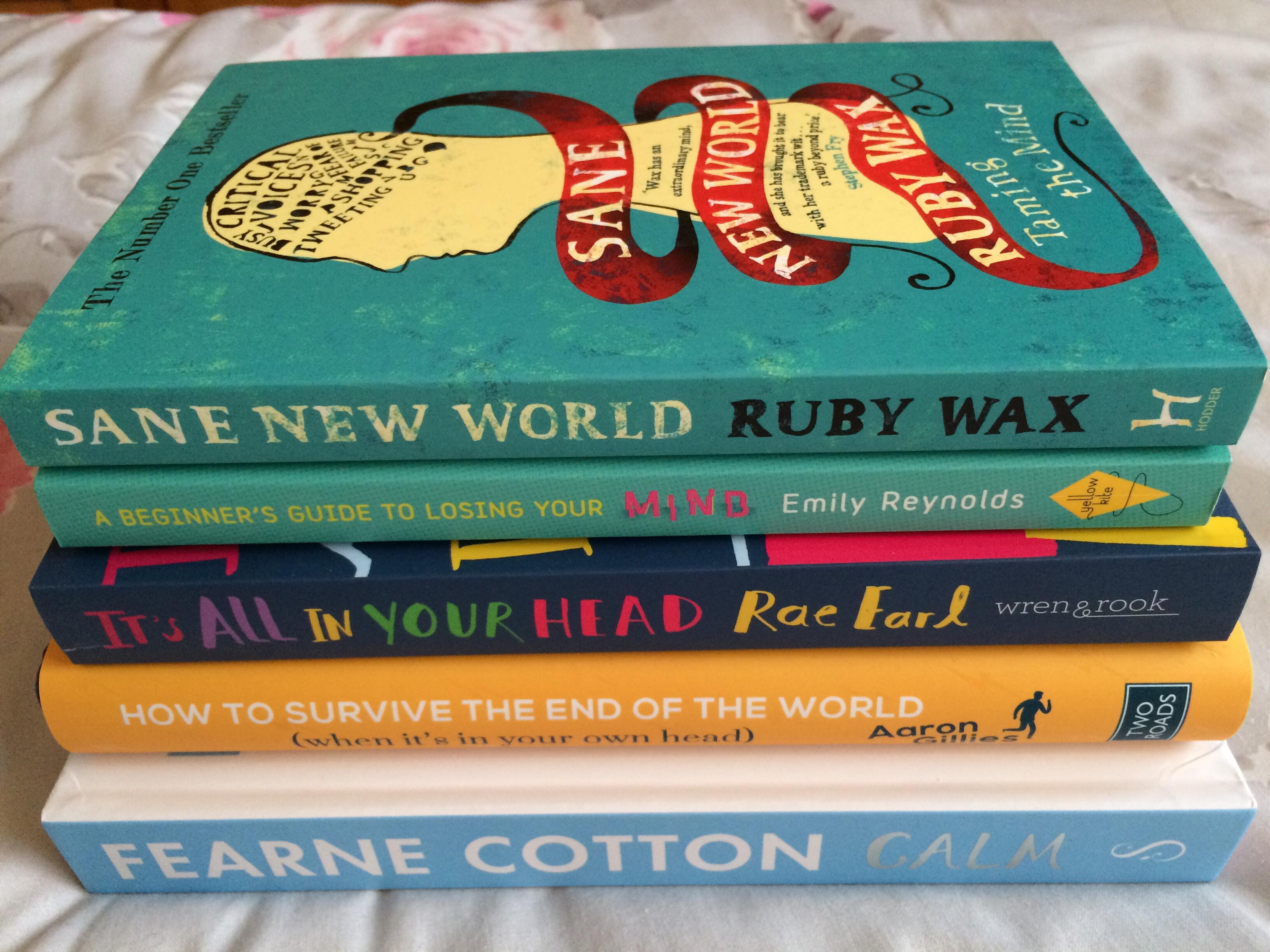
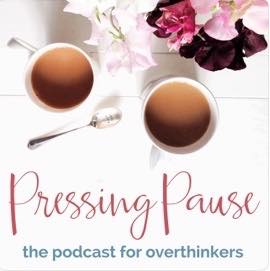
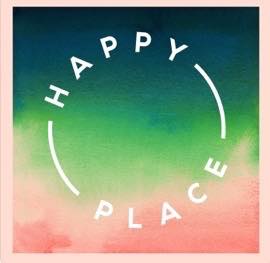
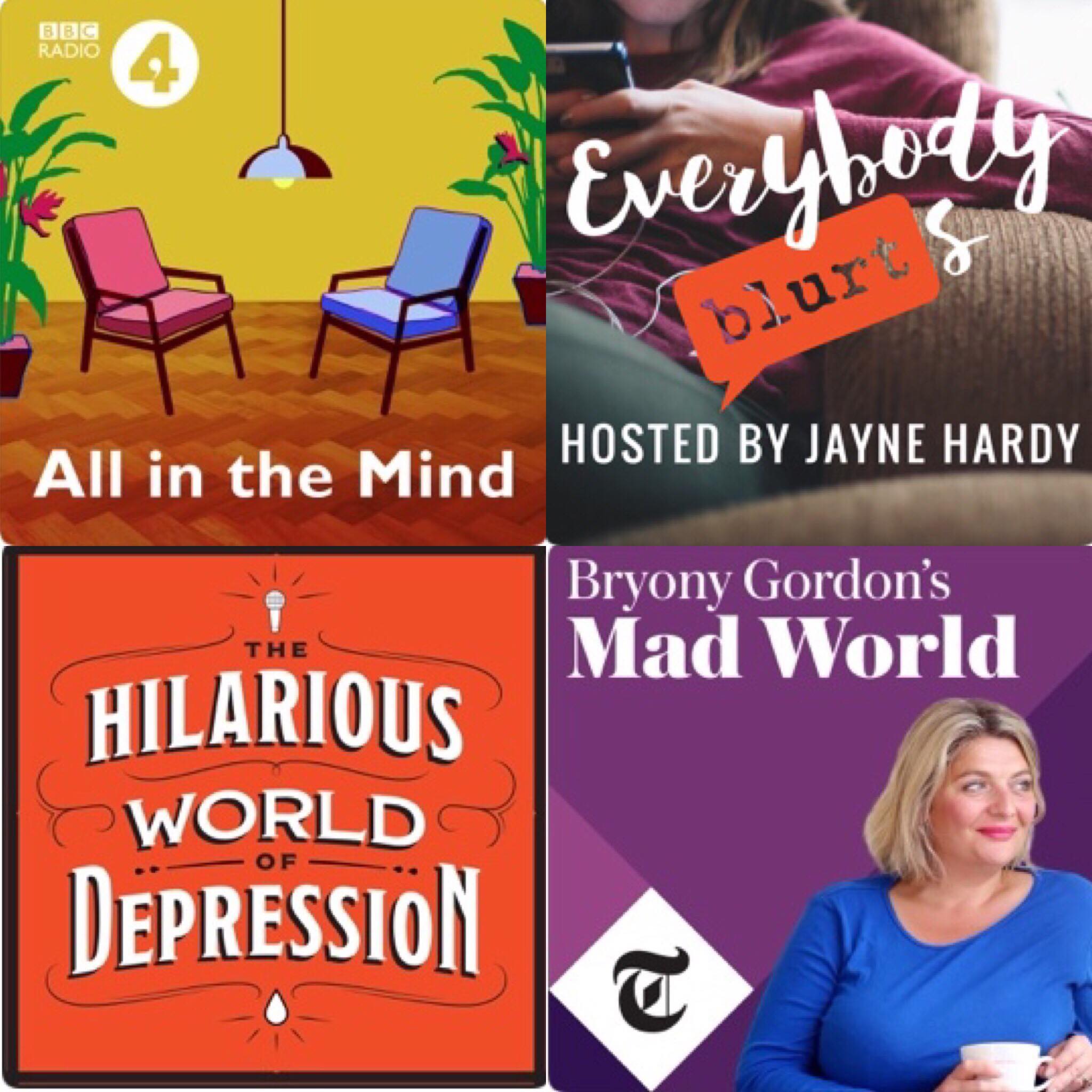
You must be logged in to post a comment.